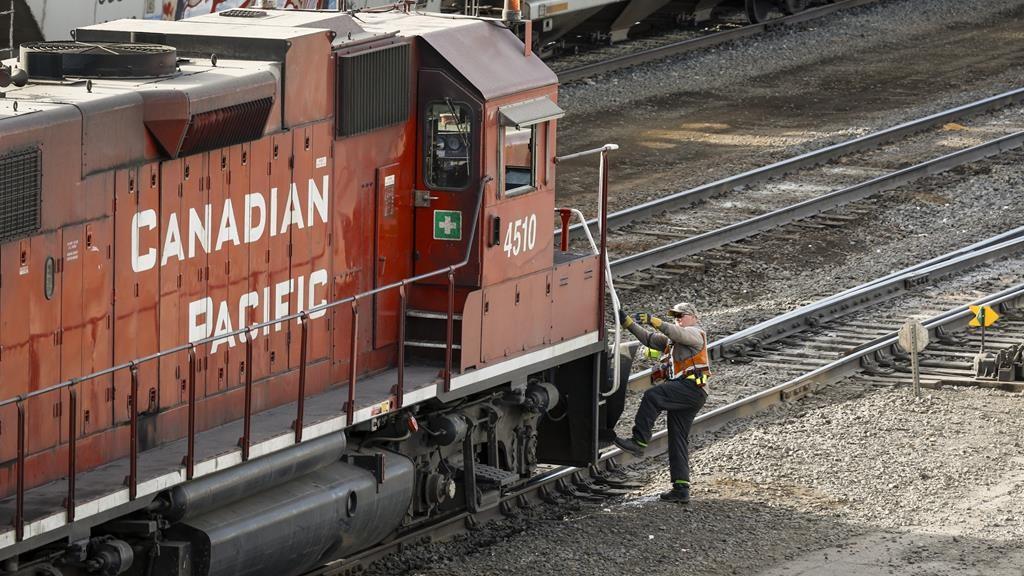OTTAWA—Canadians expect a swift end to a work stoppage at CP Rail, federal Labour Minister Seamus O’Regan said Sunday, hours after thousands of workers ended up on the picket line and trains came to a halt nationwide.
There is already pressure on O’Regan to end the labour dispute, but his spokeswoman said Sunday morning the government believes the best deal is reached at the bargaining table.





